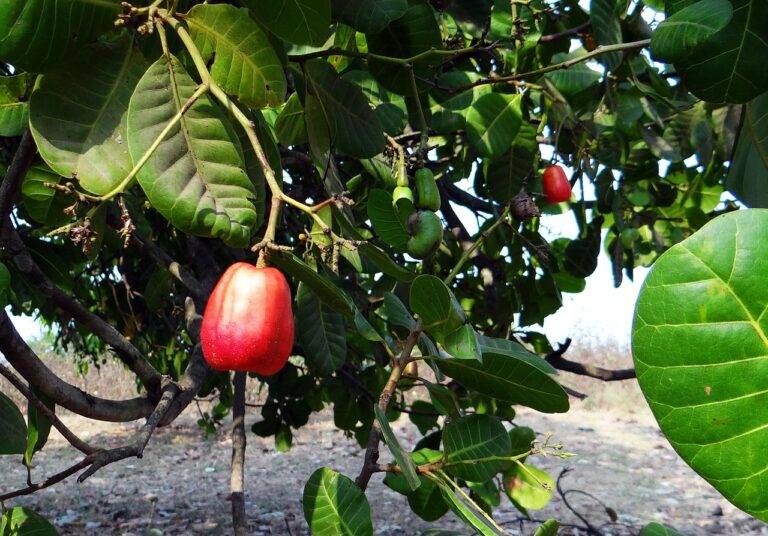The Role of Agriculture Policies in Shaping Election Campaigns
When it comes to shaping agriculture policies, various entities play crucial roles in the decision-making process. Governments worldwide hold significant power in formulating and implementing agricultural regulations and programs. They are responsible for creating legislative frameworks, allocating budgets, and overseeing the enforcement of policies that impact the agricultural sector.
Apart from governments, international organizations such as the World Trade Organization (WTO) and the Food and Agriculture Organization (FAO) also influence agriculture policies on a global scale. These organizations provide guidance, set standards, and facilitate discussions among member countries to address common challenges in agriculture. Their involvement in policy dialogues and negotiations helps to harmonize regulations, promote sustainability, and enhance cooperation among nations.
Historical Impact of Agriculture Policies on Elections
Agriculture policies have long been a significant factor influencing elections throughout history. The impact of these policies on elections is profound, as they directly affect the livelihoods of farmers and the overall economy of a country. In many cases, political parties have leveraged their stance on agricultural policies to gain the support of rural voters, who often make up a significant portion of the electorate.
The historical relationship between agriculture policies and elections can be seen in various countries around the world. For example, in the United States, the Farm Bill has been a crucial component in shaping the outcomes of elections, with candidates often aligning themselves with either the interests of large agribusinesses or small family farms. Similarly, in India, where agriculture is a cornerstone of the economy, political parties have tailored their policies to appeal to the vast rural population, which can sway election results.
Current Trends in Agricultural Policies and Election Campaigns
As election seasons approach, agricultural policies have become a focal point for many politicians. Candidates are increasingly realizing the importance of addressing agricultural concerns in their campaign platforms to appeal to rural voters. Consequently, we are witnessing a trend of candidates proposing specific policies tailored to the needs of farmers and agricultural communities, such as subsidies for small-scale farmers and initiatives to promote sustainable farming practices.
Moreover, the linkage between agricultural policies and election campaigns has been underscored by the growing recognition of the impact of climate change on agriculture. With extreme weather events becoming more frequent, candidates are now incorporating strategies for climate resilience and adaptation in their agricultural policy proposals. This trend not only resonates with farmers who are experiencing the effects of climate change firsthand but also demonstrates a proactive approach by politicians in addressing environmental challenges in the agricultural sector.





